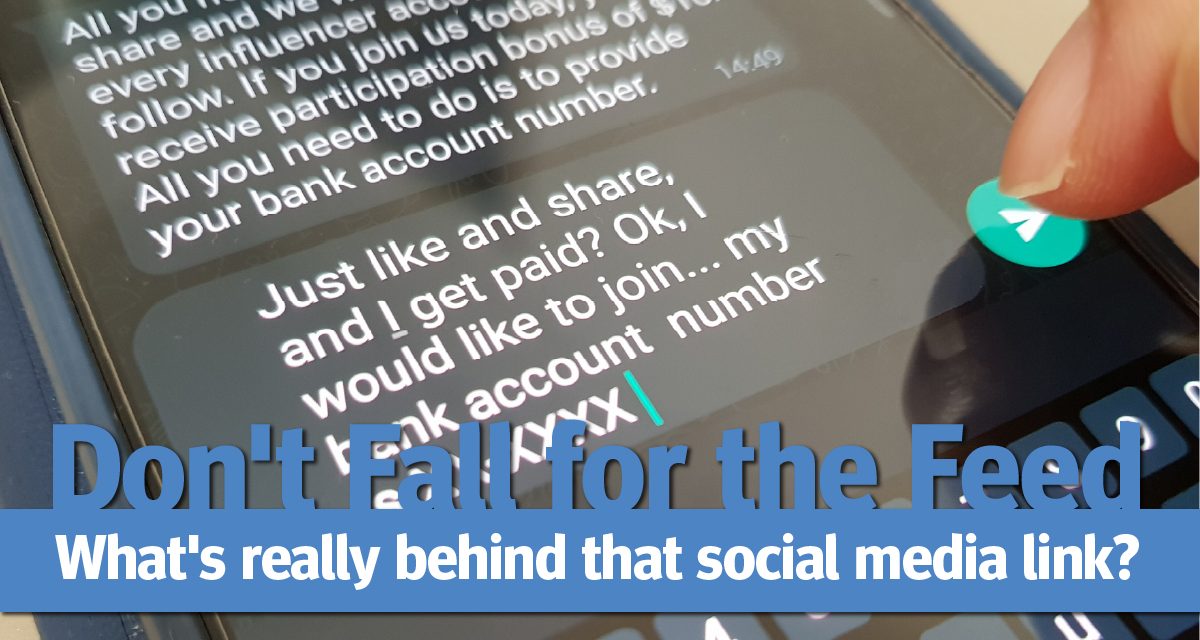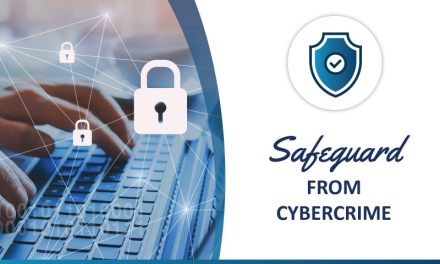Social media platforms are fantastic for connecting, sharing, and discovering. However, they’ve also become fertile ground for scammers. From tantalizing fake giveaways to alarming account takeovers, and even seemingly innocent clickbait, social media scams are designed to trick you. Staying informed is your best defense against these digital traps.
Five Key Points on Social Media Scams:
- Fake Giveaways & Contests: Scammers promote enticing “too good to be true” giveaways (e.g., free vacations, electronics, cash) from seemingly legitimate brands or influencers. They often ask for personal information, a small “fee,” or for you to share the scam to enter.
- Account Takeovers & Impersonation: A scammer gains control of a friend’s or family member’s account, then messages you asking for urgent financial help, gift cards, or personal information. They exploit your trust in the “friend.”
- Clickbait to Malicious Websites: Innocent-looking posts with sensational headlines (e.g., “You won’t believe what happened next!”) lead to websites riddled with malware, phishing forms, or unwanted subscriptions.
- Phishing Attempts: Direct messages or posts designed to trick you into revealing sensitive information like passwords, credit card numbers, or social security numbers by impersonating a legitimate service or offering a false sense of urgency.
- Romance Scams: Scammers create fake profiles to build emotional relationships with targets, eventually asking for money for fabricated emergencies, travel, or investments.
How to Protect Yourself:
- Verify Everything: Before clicking any link or responding to an offer, verify its legitimacy. Look for official company pages (blue checkmarks), check URLs carefully, and search for the offer on the company’s official website.
- Be Skeptical of “Too Good to Be True”: If an offer, prize, or request seems too good or too urgent, it’s likely a scam. Scammers thrive on excitement and fear.
- Secure Your Accounts: Use strong, unique passwords for all social media accounts, and enable two-factor authentication (2FA) whenever possible. This adds an extra layer of security.
- Guard Personal Information: Never share sensitive personal or financial information (passwords, bank details, SSN) via social media messages, even if the request seems to come from a friend. Call them directly to confirm.
- Think Before You Click: Hover over links before clicking to see the actual URL. If it looks suspicious or redirects multiple times, avoid it.
What to Do If You Fall Victim:
- Act Immediately: The sooner you act, the better your chances of mitigating damage.
- Change Passwords: Immediately change passwords for the compromised social media account and any other accounts that use the same password.
- Notify Your Bank/Credit Card Company: If you shared financial information or made unauthorized payments, contact your bank and credit card companies to report fraudulent activity.
- Report the Scam:
- To the Social Media Platform: Use the platform’s built-in reporting tools for fake accounts, suspicious posts, or scams.
- To Authorities: File a report with the Federal Trade Commission (FTC) at ReportFraud.ftc.gov. For internet crimes, report to the FBI’s Internet Crime Complaint Center (IC3) at IC3.gov.
- Warn Your Network: If your account was taken over, inform your friends and family through other channels (phone, email) so they don’t fall for messages sent from your compromised account.
By staying vigilant and informed, you can enjoy the benefits of social media while protecting yourself from the ever-evolving tactics of online scammers.
Want to know more? Read additional Mid Oregon blog articles about online security and fraud protection.





